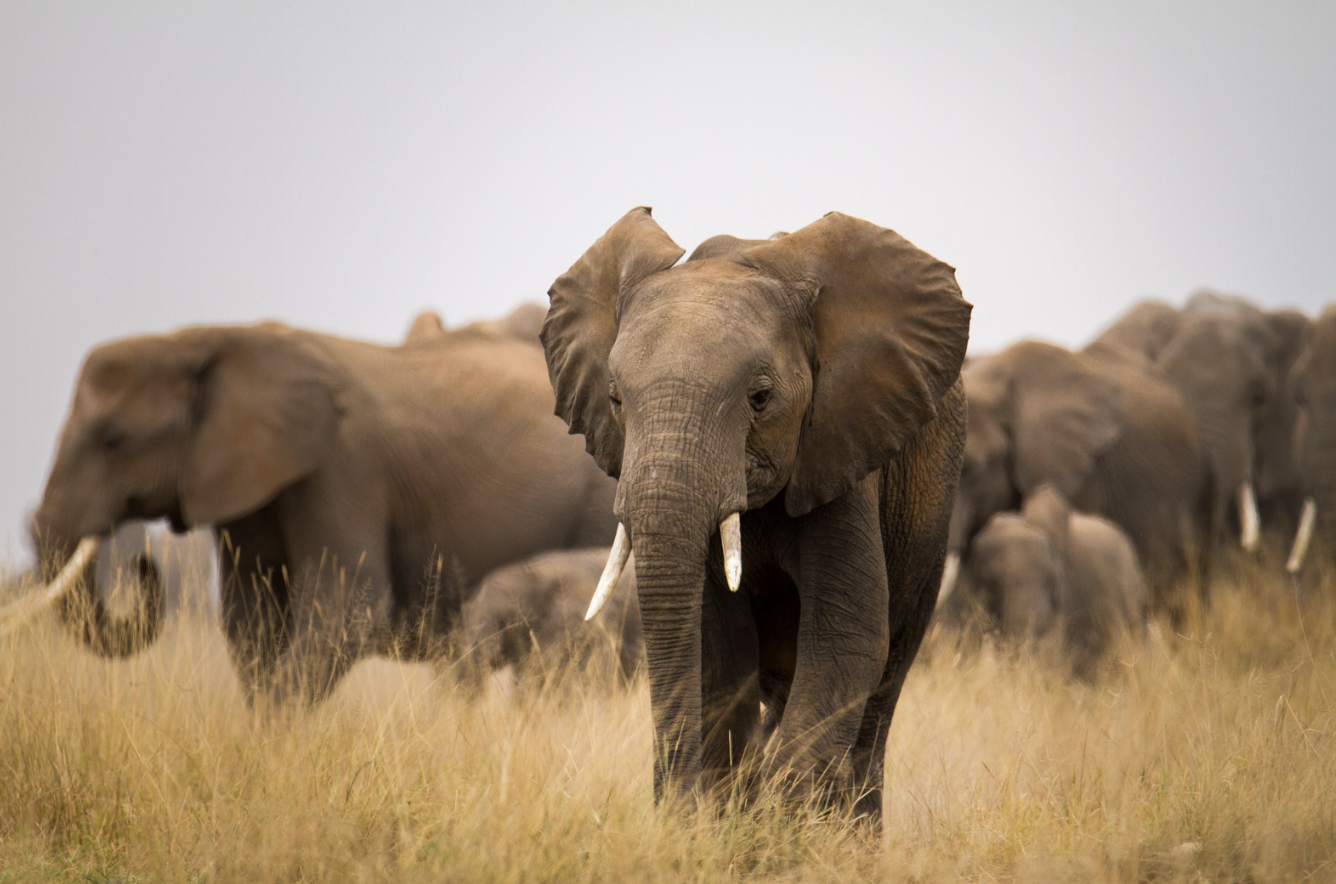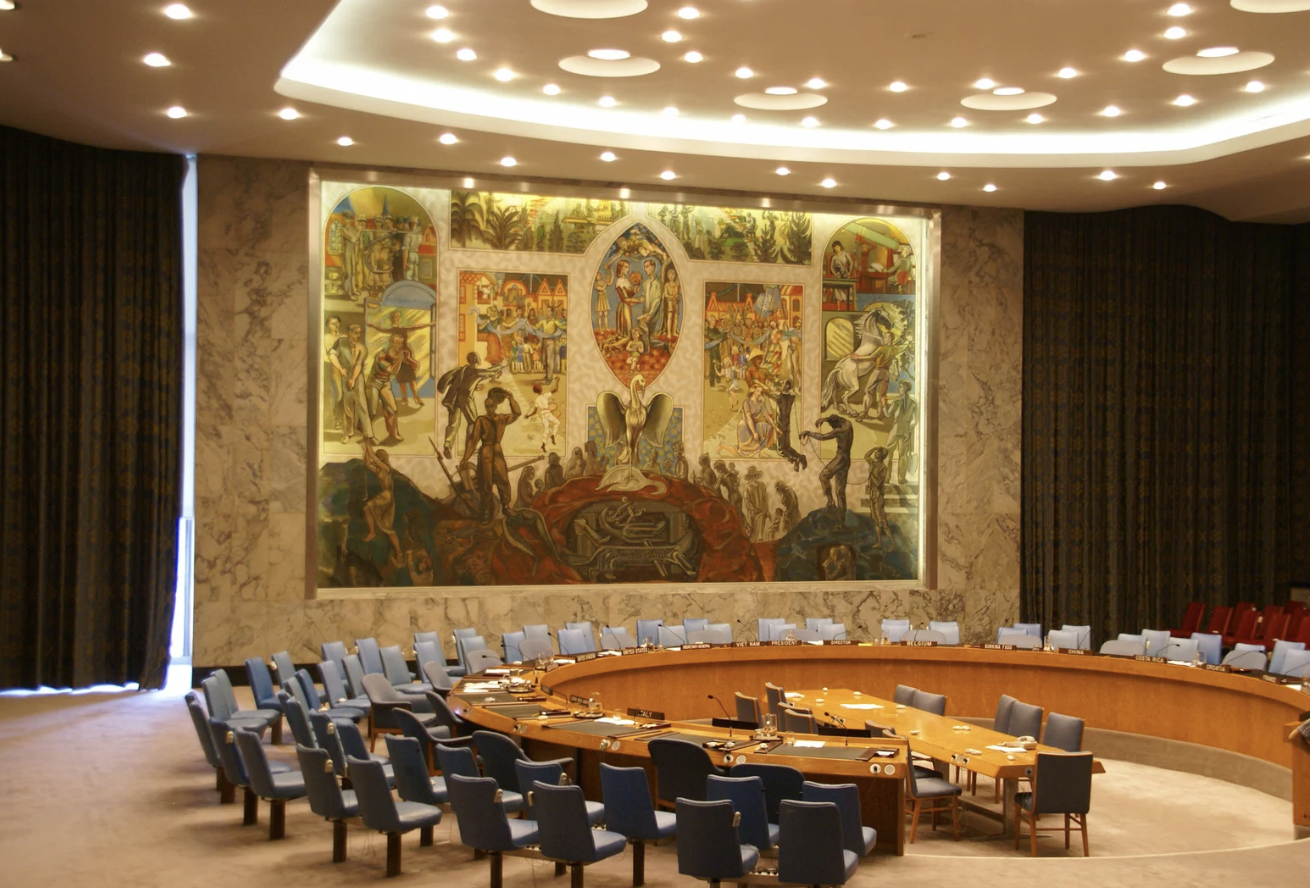Anúncios
Data scientist Hannah Ritchie believes planetary harm may be peaking, but the US election may be “pivotal”.
Half of young people worldwide said “humanity is doomed” in a climate change poll. In other words, they don’t think present wants can be addressed without harming future requirements. They fear life is unsustainable.
Once, data scientist Hannah Ritchie agreed. As a youngster, she worried that climate change, deforestation, and overfishing would create intractable issues. Her undergraduate degree, started at Edinburgh University at 16, appeared to corroborate these fears. “I used to be convinced I didn’t have a future left to live for,” says the 30-year-old in her debut book, Not the End of the World.
However, Ritchie feels differently now. She’s frightened about the world’s direction, but she thinks humans can change it. As deputy editor at Our World In Data and senior researcher at Oxford, she points to positive trends including better air quality and increased EV sales.
Ritchie tells BBC Future Planet what changed her view, why the world may be nearing “peak pollution” and how to assure a sustainable future.
Why did you alter your perspective regarding humanity’s future? Why do you now believe “doomist” prophecies don’t motivate?
Climate change has always frightened me, even as a child. Since I studied environmental science in college and all the trends were inaccurate, that grew worse. I felt worried, despondent, and that these difficulties were intractable.
Inaction and paralysis result from ‘it’s too late’ – Hannah Ritchie”
Discovering Swedish physician and statistician Hans Rosling changed my life. I thought world poverty, death, and hunger were worsening alongside environmental indicators while I was researching. Rosling gave TED lectures showing how data has improved the globe over the previous several centuries.
Can we do both at once? Can we increase human well-being and reduce environmental impact? Environmental data suggests cautious optimism over the last decade. I believe we can get there, but it’s not certain.
The issue with doomism isn’t that people believe climate change is urgent—I do too. Assuming it’s too late to act. Science shows that it’s never too late to address climate change. Where we fall on that spectrum depends on our actions now. We reduce climate harm by acting more.
Inaction and paralysis result from “it’s too late” thinking. I know from prior experience that feeling that way didn’t help me solve problems.
Air pollution, climate change, forests, food, biodiversity, ocean plastic, and overfishing threaten human and planetary health. But your data analysis gives you hope for a brighter future. Which example of humanity’s capacity to improve stands out?
That climate change concern, the ozone layer, is no longer discussed since we fixed it. Over 99% of ozone-depleting gas emissions have been decreased.
We may now claim it was inevitable. These efforts were met with considerable opposition from governments and business, which rejected the issue. Many similarities exist between it and climate change now.
Another example: acid rain. This was a major environmental issue that we solved well in Europe and North America.
Air pollution is still a major health issue, but we’ve made improvements. Public policy has greatly reduced local air pollution in developed nations. Many Chinese cities have seen remarkable reductions in levels in a short time.
Even though the global population is growing, air pollution mortality may be peaking. You believe overall emissions will peak in the 2020s, as global per capita CO2 emissions have. Peak deforestation ends. End of agricultural peak. The pinnacle of gasoline automobile sales.
Given these patterns, has the earth hit “peak pollution”?
That needs multimetric aggregation. We’re nearing pollution climax. After years on a plateau, I expect CO2 emissions peak and fall shortly. We may be nearing the apex of air pollution. Some air contaminants, such acid rain-causing sulphur dioxide, have peaked.
Small but big things like combustion-engine automobile sales worldwide have peaked. A series of smaller peaks builds up to a macro-level pollution peak.
You emphasize the benefits of modern technology and advancement. For instance, solar power went from most costly to least expensive in 10 years. Most helping mankind unlock peak pollution?
Peaking and reducing CO2 emissions need cheaper low-carbon energy like solar, wind, and batteries. These technologies must compete with or be cheaper than fossil fuels to advance. We have little chance of fighting climate change without that. Many are already cost-competitive, which is fantastic.
Which is the largest obstacle to peak pollution?
The absence of fossil fuel company investment in energy transition and renewable technology is a key obstacle. They make huge revenues that might be reinvested in future solutions, but they don’t. That doesn’t imply abolishing fossil fuels tomorrow, but investing in sustainable energy.
Global energy poverty makes peaking CO2 emissions and air pollution difficult. Pollution is declining in affluent countries but growing in low- and middle-income countries. Because billions of people seek a better life. These nations prioritize fast, inexpensive energy supply above pollution reduction.
Science shows that it’s never too late.
Meat-heavy diets hinder meeting peak pollution, whether in emissions or deforestation. What would you advise politicians who are suspicious of diet advice?
I’m more hopeful about energy transformation than food system. Many don’t care where they get energy. Wind and solar farms may be protested, but most people don’t object if electricity is inexpensive and dependable.
Diet is personal. Individual behavioral adjustments are tougher than technical ones since they’re related to our identity. I doubt we’ll see a large-scale change to plant-based diets without considerable technical developments that can supply meat-like items.
I’m also wary about giving advice. Prescriptions are ineffectual, particularly on diet. Politicians must travel a tight line. How can you demonstrate the effects and alternatives without coercion?
Other “ecomodernists” prioritize technology and economic progress like you. This group’s high-tech solutions—nuclear power, agricultural intensification, and cultured meat—have raised worries.
Are you ecomodernist? How would you respond to those who think new technologies may exacerbate environmental decline?
There may be several meanings of ecomodernist. Technology is a powerful tool for me. I don’t believe technology will rescue humanity, but scaling solutions for 8 billion people requires it.
People often look to the past for answers. They worked for millions, but not billions. We’ve seen technical breakthroughs enhance food output, which is needed to feed eight billion people. Nuclear is older than solar and wind, therefore it’s not new.
If you suggest that modifying human behaviors would dramatically reduce individual demand on the planet’s resources, you still need technology. Even with decreasing energy consumption, you need plenty of solar, wind, and batteries. Nuclear, geothermal, or hydro will likely be needed to balance the system.
I believe there’s a false dichotomy. Even while reducing demand, you need powerful technology.
Your optimism in the world’s potential for constructive growth has earned you praise from Bill Gates and David-Wallace Wells as the environmental movement’s “Hans Rosling”. Others warn that estimates like Rosling are overly optimistic and that averages might hide national inequality. How aware are you of these risks?
We must look beyond global averages. Our World in Data shows country-specific data indicators, not simply the worldwide average. This typically shows that although there are still enormous inequities, human conditions are improving.
Finally, you emphasize that individual behavior modification is useless without systemic political and economic change. How optimistic are you that the world will continue its peak-pollution reduction progress in 2024, a year of elections?
A important year, I suppose. There are other elections to worry about, but the US outcome is crucial. Reversing climate action might impede the nation’s transformation and other nations’ responses. Thus, energy transition economic incentives are crucial. With such incentives, this may happen without governmental backing. We must create solutions and settings that can outlast political shifts.
What gives you hope?
Having so many talented individuals from many fields working on these issues. I felt powerless when I was alone and others weren’t helping. The situation has altered drastically. That gives me the greatest hope we’ll succeed.




